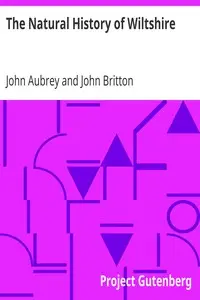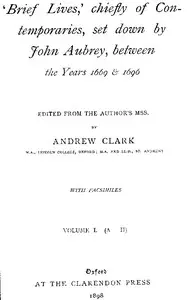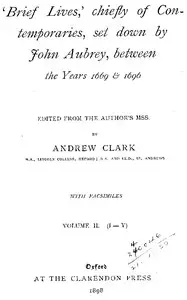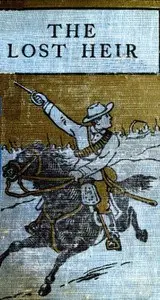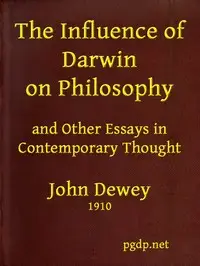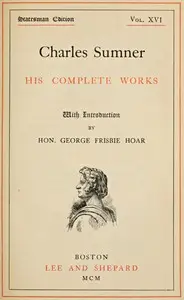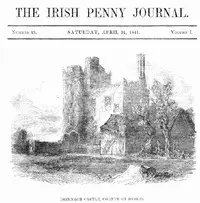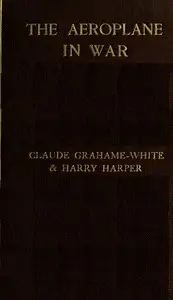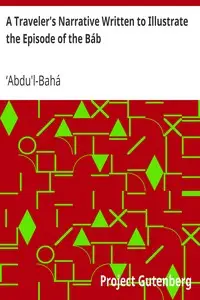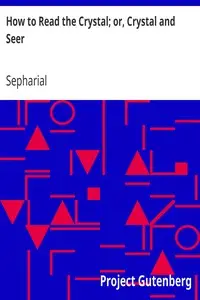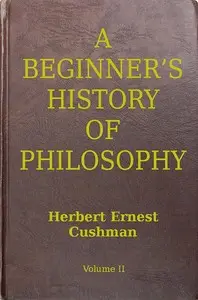"Miscellanies Upon Various Subjects" by John Aubrey is a collection of writings that explores a variety of themes primarily relating to historical notes, superstitions, and observations about English life and society from the 17th century. Written during the late 17th century, this work reflects the curiosities and beliefs of the time, offering insight into Aubrey's thoughts on topics such as dreams, day fatality, and the notable occurrences over history that carry certain omens or consequences. At the start of the collection, the reader is introduced to the life of John Aubrey himself, who provides an autobiographical sketch that touches on his childhood, education, and interests in antiquity and history. In this opening portion, Aubrey recounts various personal anecdotes and historical events, setting a tone that blends the personal with the academic. He discusses the impact of certain days believed to be either fortunate or unfortunate, illustrated with examples from history. This mix of autobiography and historical observation establishes a context for the themes that Aubrey will explore in the rest of the collection, making it an intriguing entry point for readers interested in the intersection of history, folklore, and personal narrative. (This is an automatically generated summary.)
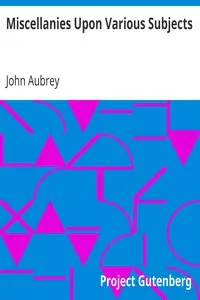
Miscellanies Upon Various Subjects
By John Aubrey
"Miscellanies Upon Various Subjects" by John Aubrey is a collection of writings that explores a variety of themes primarily relating to historical not...
John Aubrey was an English antiquary, natural philosopher and writer. He was a pioneer archaeologist, who recorded numerous megalithic and other field monuments in southern England, and who is particularly noted for his systematic examination of the Avebury henge monument. The Aubrey holes at Stonehenge are named after him, although there is considerable doubt as to whether the holes that he observed are those that currently bear the name. He was also a pioneer folklorist, collecting together a miscellany of material on customs, traditions and beliefs under the title "Remaines of Gentilisme and Judaisme". He set out to compile county histories of both Wiltshire and Surrey, although both projects remained unfinished. His "Interpretation of Villare Anglicanum" was the first attempt to compile a full-length study of English place-names. He had wider interests in applied mathematics and astronomy, and was friendly with many of the greatest scientists of the day.

